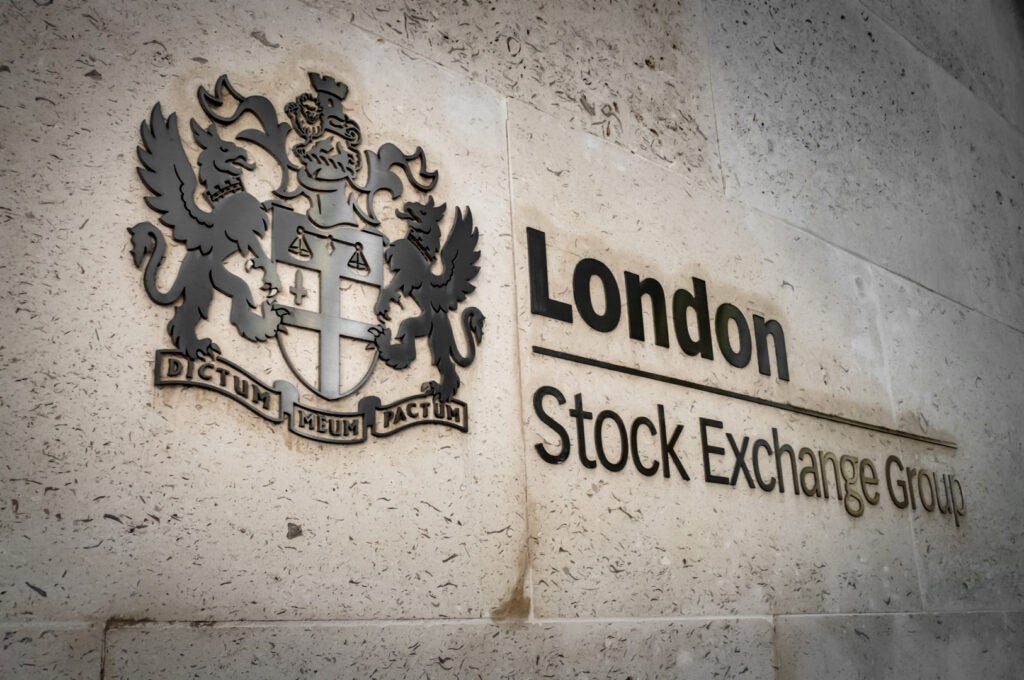
Glencore GLCNF and Rio Tinto RIO, two leading mining companies, are discussing their listings with the London Stock Exchange, albeit for different reasons.
Swiss-based Glencore is exploring the possibility of moving to the New York Stock Exchange.
“We want to ensure that our securities are traded on the right exchange, where we can get the right and optimal valuation. If there’s a better one, and those include the likes of the New York Stock Exchange, we have to consider that,” CEO Gary Nagle said for The Guardian.
Glencore has been on the LSE since its record-breaking $10 billion initial public offering in 2011. Today, the miner belongs to one of the 20 most valuable listings, with a market capitalization of £40 billion ($50 billion).
However, its latest financial result might catalyze a change. It reported a $1.6 billion net loss for 2024, in contrast to the previous year’s $4.3 billion profit, as asset impairments weighted it down.
Zinc and copper smelting assets suffered a $1.5 billion writedown, while South African coal operation value dropped by $600 million. Adjusted EBITDA declined 16% to $14.4 billion, reflecting a weaker commodity environment. While Glencore had previously considered spinning off its coal business in New York, the company ultimately decided to retain the assets, recognizing the demand for fossil fuels in certain markets.
Glencore’s potential departure would be yet another significant blow to the LSE, which has lost around 30% of listed companies since 2015. In 2024 alone, LSE saw 88 companies delist or relocate, marking the largest exodus in over a decade.
Better valuations and favorable financial conditions are offered abroad—particularly in the U.S., which boasts deeper capital pools and no 0.5% stamp duty on share sales.
Meanwhile, Rio Tinto faces pressure to reconsider its London listing and abandon a dual listing structure. Activist investor Palliser Capital recently pushed for the company to consolidate its shares in Australia, arguing that such a move would improve liquidity and potentially boost its market valuation. The global multi-strategy fund claimed that the dual listing has destroyed $50 billion in value and hampered mergers and acquisitions.
However, CEO Jakob Stausholm favors the current structure.
“We are a global company, we have global investors, and London kind of works for us. I just don’t believe that you’re going to change fundamentally your value by swapping exchange,” he said for Reuters.
Rio Tinto reported its weakest full-year earnings in five years, with underlying earnings falling to $10.87 billion from $11.76 billion in the previous year. While the company remains heavily reliant on iron ore, its expansion into copper and aluminum has helped offset some of the weaker Chinese steel demand.
iShares MSCI United Kingdom ETF EWU is up 7.88% year-to-date.
iShares MSCI Global Metals & Mining Producers ETF PICK, which contains both Glencore and Rio Tinto, is up 7.55% year-to-date.
Read Next:
Image: Shutterstock
Market News and Data brought to you by Benzinga APIs
© 2025 Benzinga.com. Benzinga does not provide investment advice. All rights reserved.

